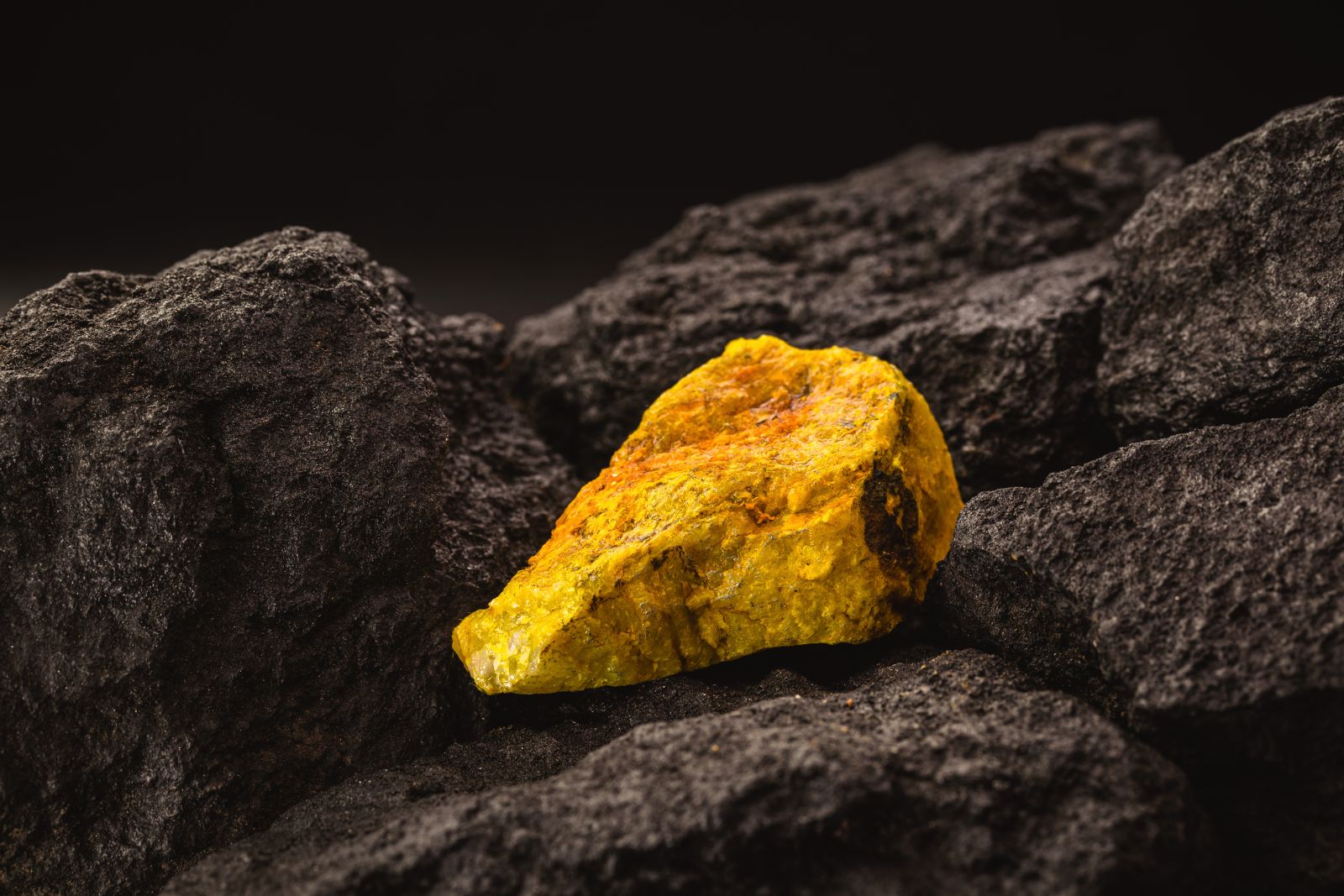
All of a sudden, the nuclear industry has gone from being radioactive (as in, don’t touch) to red-hot, as artificial intelligence (AI)-related firms look to “always on” nuclear power to meet their electricity needs.
One example of that was the recent deal between Microsoft (MSFT) and Constellation Energy (CEG) to restart the undamaged reactor at Three Mile Island. It was a great deal for Constellation, which I discussed here.
And now, Founders Fund - the venture capital firm co-founded by billionaire investor Peter Thiel - is backing a nuclear start-up aiming to produce the fuel used to power the latest generation of reactors. This very early-stage venture will seek to create a new production method for high-assay low-enriched uranium (HALEU).
HALEU is more powerful than standard nuclear fuel and is used in advanced reactors, such as small modular reactors (SMRs). The large tech firms can meet their power needs using this technology, as they rapidly build their AI-related data centers.
However, HALEU is not widely available commercially, with only Russia and China currently possessing the infrastructure to produce large volumes of the fuel. This has left U.S. power plant operators with little option, in the short term, but to continue buying raw materials and enrichment services from Russia’s state-owned nuclear giant - Rosatom.
More on efforts to kick-start HALEU production in the U.S. in a moment. Let’s first look at how the price of nuclear fuel is soaring.
Nuclear Fuel Prices Surging
The price of fuel for nuclear reactors has gone up much faster than that of raw uranium since the start of 2022, as bottlenecks have built up following Russia’s invasion of Ukraine.
Uranium hexafluoride has jumped fourfold in price to $68 per kilogram (kgs) since the start of 2022. This indicates that conversion is the biggest bottleneck - and the weakest link - in the nuclear fuel supply chain, since uranium ore has only doubled in price.
Russia plays a major role in the multi-stage process of turning mined uranium into the fuel for a nuclear reactor. This includes converting yellowcake — uranium concentrate — into uranium hexafluoride gas, enriching it to increase the concentration of the type of uranium used for fission, and then turning the enriched uranium into pellets that go into reactors.
Russia controls 22% of global uranium conversion capacity and 44% of enrichment capacity. And so far, none of the existing nuclear fuel companies in the West - such as France’s Orano and British-Dutch-German owned Urenco - has committed to building new conversion capacity.
The reason was given by Nicolas Maes, CEO of Orano, at an industry conference this month - the investments needed in conversion and enrichment were “massive” compared with the size of the companies involved.
The aforementioned Founders Fund is also adding to efforts led by Centrus Energy (LEU) to kick-start HALEU production in the U.S. The company began producing HALEU from a demonstration plant in Piketon, Ohio, last year. Let’s take a closer look at Centrus.
Centrus Energy Steps Up
Accidents at the Chernobyl nuclear power station in Ukraine in 1986 and Fukushima in Japan in 2011 caused many western governments to rethink their commitment to nuclear technology.
The pullback in investment sparked a crisis for many private companies supplying uranium and nuclear-related services, including conversion and enrichment. Project delays and cost overruns also hurt, and forced several high-profile U.S. companies, such as Centrus Energy, to file for bankruptcy.
The company has since been restructured, and is positioning itself to lead what looks like a “nuclear renaissance.”
LEU is the only publicly traded company addressing nuclear fuel enrichment in the world. And it is the only company with an NRC (Nuclear Regulatory Commission) license for HALEU production to supply commercial and national security needs.
In November, using a 16-centrifuge cascade system, Centrus enriched uranium to a higher level than normal to produce 20 kgs of HALEU, the first time the fuel had been produced on U.S. soil!
The good news is that the U.S. government will eventually buy up to $2.7 billion of domestically supplied enriched uranium. This is all part of its effort to boost the supply chain for the nuclear reactor fuel, and steer the country away from buying it from Russia.
The $2.7 billion in funding was unleashed by legislation, signed by President Biden in May, that also imposed a ban on imports of enriched uranium from Russia, as part of sanctions on the country for its full-scale invasion of Ukraine.
The Department of Energy plans to award two or more contracts, which will last for up to 10 years, depending on the availability of funding. The funding will go to new enrichment facilities or projects that expand the capacity of existing enrichment facilities.
LEU's Powerful Future
The move will obviously benefit Centrus Energy, which has a billion-dollar, long-term order book extending through 2030.
Centrus has world-leading expertise in uranium handling, nuclear fuel design, and is working collaboratively with the advanced reactor community - companies such as Oklo, X-energy, and TerraPower - to develop next-generation nuclear fuel.
The company has already designed, manufactured, and successfully operated the world’s most advanced gas centrifuge enrichment technology, the American Centrifuge, which has undergone rigorous testing by the Department of Energy.
Restoring America’s capability to enrich uranium with domestic technology is critical to meeting long-term national security requirements, so government support will continue.
Add in its deep technical expertise and capabilities, and Centrus Energy is well-positioned to grow with the nuclear industry. Buy LEU stock below $60.








